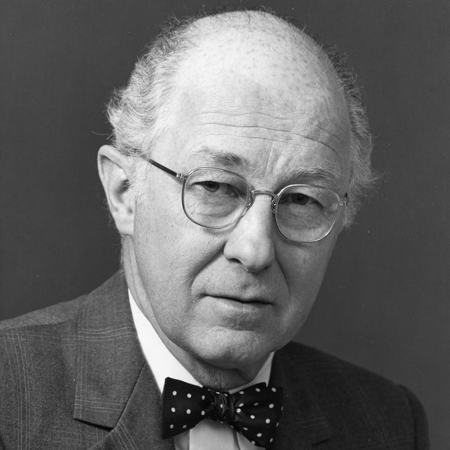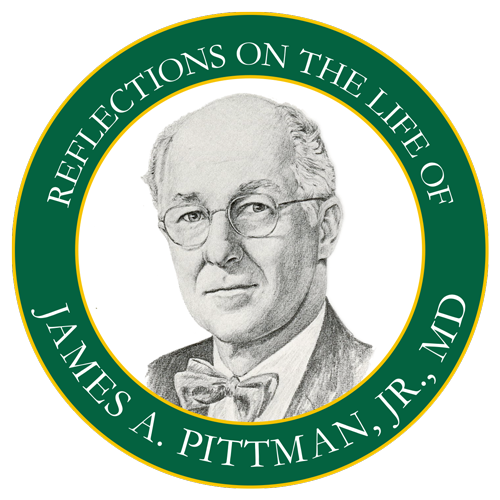 My drive from Boston to Birmingham to accept my first academic position came shortly after the disappearance of three Freedom Riders in Mississippi. James Earl Chaney, Andrew Goodman, and Michael Schwerner were murdered by lynching on June 21-22, 1964, in Neshoba County, Miss. As I drove south, I hoped my Massachusetts license plates would not be misinterpreted and that I would be not thought to be another Freedom Rider.
My drive from Boston to Birmingham to accept my first academic position came shortly after the disappearance of three Freedom Riders in Mississippi. James Earl Chaney, Andrew Goodman, and Michael Schwerner were murdered by lynching on June 21-22, 1964, in Neshoba County, Miss. As I drove south, I hoped my Massachusetts license plates would not be misinterpreted and that I would be not thought to be another Freedom Rider.
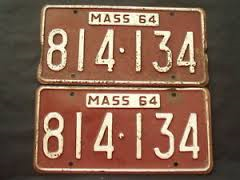 After hearing a Boston colleague say he had declined the position I was taking because he felt the South didn’t much care for Catholics, I also wondered if they would like Jewish people. When I was recruited to the position, restrooms and drinking fountains in University Hospital were separate for whites and African-Americans. By the time I arrived, separate facilities had been eliminated.
After hearing a Boston colleague say he had declined the position I was taking because he felt the South didn’t much care for Catholics, I also wondered if they would like Jewish people. When I was recruited to the position, restrooms and drinking fountains in University Hospital were separate for whites and African-Americans. By the time I arrived, separate facilities had been eliminated.
That first job was as Assistant Chief of Medicine with Dr. Buris R. Boshell, a former chief resident at the Peter Bent Brigham Hospital. My relationship with Dr. Boshell did not go well; within two years, I had joined the faculty in the Division of Endocrinology, Diabetes and Metabolism, led by Dr. James A. Pittman, Jr., under Department of Medicine Chair Dr. Walter Frommeyer.
The division frequently had informal lunches at local restaurants, which is where I learned to eat vegetables. In 2005, we re-initiated the endocrine lunch with Dr. Pittman, Dr. William B. Deal, Dr. Alan Siegal, and me, included two of Dr. Pittman’s devoted fellows: Dr. W. Crawford Owen and Dr. O. David Taunton. These monthly continued for years, until Dr. Pittman was no longer able to go out to lunch. We subsequently brought lunch to his home until he was too ill to participate.
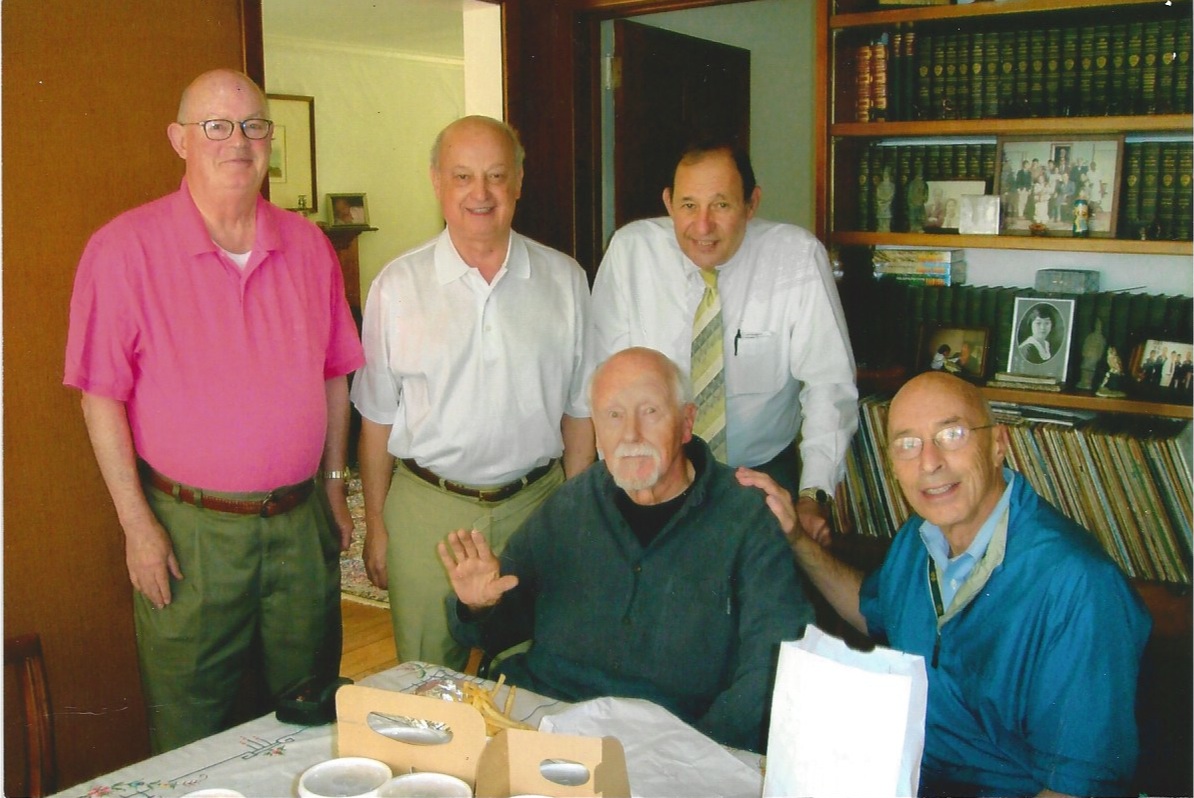 From left, Crawford Owen, William Deal, Jim Pittman, Alan Siegal and Robert KreisbergThe UAB Division of Endocrinology produced a series of academic medical leaders, with Dr. S. Richardson Hill and Dr. Clifton K. Meador preceding Dr. Pittman as dean of medicine at UAB; Dr. T. Albert Farmer serving as dean at the University of Tennessee College of Medicine in Memphis and subsequently as Dean and Vice President for Medical Affairs at the University of Maryland; and Dr. Siegal and I both serving as dean of the University of South Alabama School of Medicine
From left, Crawford Owen, William Deal, Jim Pittman, Alan Siegal and Robert KreisbergThe UAB Division of Endocrinology produced a series of academic medical leaders, with Dr. S. Richardson Hill and Dr. Clifton K. Meador preceding Dr. Pittman as dean of medicine at UAB; Dr. T. Albert Farmer serving as dean at the University of Tennessee College of Medicine in Memphis and subsequently as Dean and Vice President for Medical Affairs at the University of Maryland; and Dr. Siegal and I both serving as dean of the University of South Alabama School of Medicine
During Dr. Pittman’s years as dean, he provided continuity and leadership that turned out to be critical in establishing a national reputation for what would become the University of Alabama at Birmingham. He was known an excellent recruiter, bringing some of the most famous and best medical faculty to Birmingham.
Dr. Pittman was both a role model and a mentor, but he did it in such a way that you did not know that he was doing it. He was an excellent teacher, and would frequently draw structures of cortisol, androgens and the thyroid hormones on the blackboard. I never knew whether he studied them the night before he gave his talks or whether he had committed them to memory.
Dr. Pittman was instrumental in having Dr. Jerome Hershman, Dr. Constance Pittman, and me elected to membership in the American Society for Clinical Investigation, and was influential in having Dr. Richard Horton elected to membership in this prestigious organization.
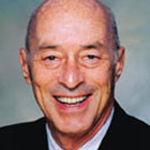 Robert A. Kreisberg, MD, is Clinical Professor of Medicine and Endocrinology at UAB; Clinical Professor of Medicine, University of South Alabama and Distinguished Professor Emeritus at the University of South Alabama in Mobile; and faculty member for the Internal Medicine Resident Training Program at Baptist Health System. Past positions include Dean of Medicine and Vice President for Medical Affairs, University of South Alabama; Professor and Vice Chairman, UAB Department of Medicine; Professor and Chairman, University of South Alabama Department of Medicine. He is the recipient of many awards for teaching and has been very active in professional organizations. He received his MD degree from Northwestern University in 1958. His postgraduate training included an internship at Passavant Area Hospital in Jacksonville, Ill.; internal medicine residency at Northwestern Memorial Hospital in Chicago; and endocrinology fellowship at Peter Bent Brigham Hospital in Boston.
Robert A. Kreisberg, MD, is Clinical Professor of Medicine and Endocrinology at UAB; Clinical Professor of Medicine, University of South Alabama and Distinguished Professor Emeritus at the University of South Alabama in Mobile; and faculty member for the Internal Medicine Resident Training Program at Baptist Health System. Past positions include Dean of Medicine and Vice President for Medical Affairs, University of South Alabama; Professor and Vice Chairman, UAB Department of Medicine; Professor and Chairman, University of South Alabama Department of Medicine. He is the recipient of many awards for teaching and has been very active in professional organizations. He received his MD degree from Northwestern University in 1958. His postgraduate training included an internship at Passavant Area Hospital in Jacksonville, Ill.; internal medicine residency at Northwestern Memorial Hospital in Chicago; and endocrinology fellowship at Peter Bent Brigham Hospital in Boston. 